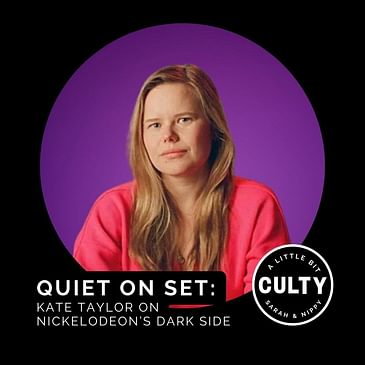This episode is sponsored by BetterHelp.
Sometimes predators hide in plain sight. Like on the set of your kids’ favorite TV shows. The docuseries "Quiet on Set: The Dark Side of Kids TV" (Investigation Discovery) exposes the dark allegations haunting some of the most popular late 90s to 2000s Nickelodeon productions created by executive producer Dan Schneider. “Quiet” builds on groundbreaking 2022 reporting by Business Insider senior correspondent Kate Taylor, who serves as a producer on the series, to depict an environment rife with workplace horrors. Kate joins us today to delve into the story behind the headlines and to help us wrap our heads around the outrageous ways that networks, unions, and parents fail to protect child actors. It’s a real angry-making cluster that is not unique to Nickelodeon. Be warned that this episode contains conversations around child abuse and sexual assault, so please listen with care.
SHOW NOTES
About Kate Taylor: In her 2022 exposé, Business Insider senior correspondent Kate Taylor looked into the disturbing reality behind Nickelodeon producer Dan Schneider's shows, revealing accounts of verbal abuse, inappropriate conduct with underage cast members, and gender discrimination. Schneider's Nickelodeon empire, once celebrated, is now under scrutiny in the 5-part docuseries, with cast and crew recounting their experiences. Watch the trailer here. Learn more about Kate’s work at katehtaylor.com and follow her on Twitter/X: @Kate_H_Taylor
ADDITIONAL CITATIONS: The Cut Article: “Dan Schneider Made a 19-Minute Apology Video”
Since this conversation was recorded more controversy has erupted around the Dan Schneider story, and the making of the ‘Quiet on Set’ series. Here are links to recent coverage in Deadline, Vanity Fair, and Entertainment Weekly.
Also…Let it be known far and wide, loud and clear that…
The views and opinions expressed on A Little Bit Culty do not necessarily reflect the official policy or position of the podcast. Any content provided by our guests, bloggers, sponsors or authors are of their opinion and are not intended to malign any religion, group, club, organization, business individual, anyone or anything. Nobody’s mad at you, just don’t be a culty fuckwad.
Check out our lovely sponsors
Join ‘A Little Bit Culty’ on Patreon
Get poppin’ fresh ALBC Swag
Support the pod and smash this link
Cult awareness and recovery resources
Watch Sarah’s TEDTalk
CREDITS:
Executive Producers: Sarah Edmondson & Anthony Ames
Production Partner: Citizens of Sound
Producer: Will RetherfordResearcher & Episode Writer: Amanda Ambrose
Writer & Co-Creator: Jess Tardy
Theme Song: “Cultivated” by Jon Bryant co-written with Nygel Asselin

